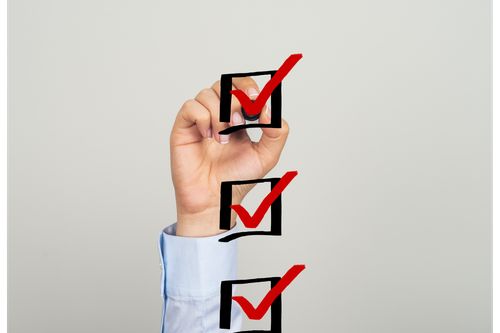With rising interest rates and underperformance in the U.S. equity markets in 2022, many economists believed these to be precursors to a 2023 economic downturn. As of October 2022, the Bloomberg forecasting index suggested that the probability of recession was 100 percent–an absolute certainty.
Instead, 2023 turned out to be a fine year for the U.S. economy. Elevated interest rates didn’t slow down job growth or consumer spending, and the economy expanded by 2.5 percent. Unemployment remained below 4 percent for 27 consecutive months, and retail sales remained well above pre-pandemic trend levels.
Indeed, the nation remains amid a virtuous cycle in which consumers are spending and impacted employers are hiring. Wages have risen rapidly, including at the lowest rungs of the socioeconomic ladder, which has bolstered spending in retail sales, travel, and other segments. The U.S. economy expanded another 1.6 percent during 2024’s initial quarter. As of this writing, the economy is on pace to expand at a 3-plus percent annualized rate during the second quarter. In short, none of these figures are indicative of the predicted recession.
Despite this, many Americans continue to view the economy with a level of glumness usually reserved for Washington Wizards fans. This has many in the nation’s capital confused. How can Americans be unhappy about solid economic growth, especially when compared to most other developed nations, a strong U.S. dollar, elevated demand for workers, and significant wage growth?
The most likely answer is inflation. The early months of 2024 have been associated with stubbornly high inflation despite a softer reading from April’s Consumer Price Index that sent financial markets racing to new records. Prices continue to rise from already elevated levels. For many American households, financial stress is mounting from higher credit card debt, auto loans, and other debt delinquencies.
Retailers like Starbucks indicate that their “occasional” consumers are no longer coming in as frequently to purchase lavender oat milk lattes or salted caramel cream cold brews, an indication that discretionary spending power is ebbing among a growing fraction of households. Job growth also appears to be slowing. In April, the U.S. added only 175,000 jobs on net according to a preliminary estimate from the Bureau of Labor Statistics, falling short of consensus expectations for the first time in months.
So while the U.S. has avoided recession thus far, some economists now suggest that the likelihood of recession is rising once again. The combination of stubbornly high interest rates, consumer debt, a sagging U.S. office market, geopolitical tensions, and uncertainty stemming from domestic politics is likely to result in an economic downturn over the next 12-18 months. We would place the probability of such an occurrence at around 60 percent.




